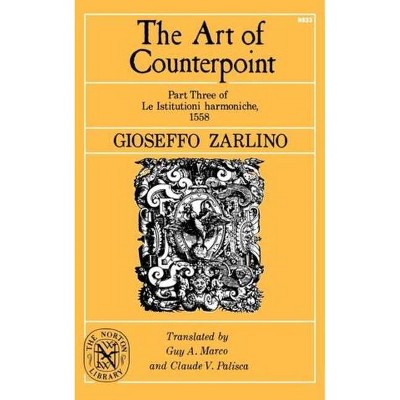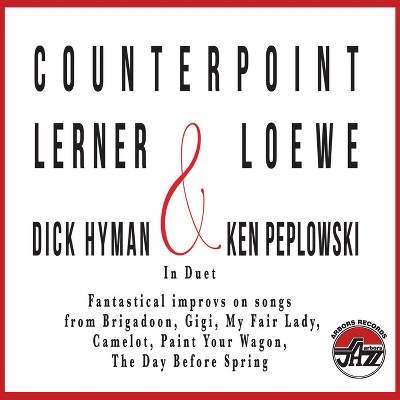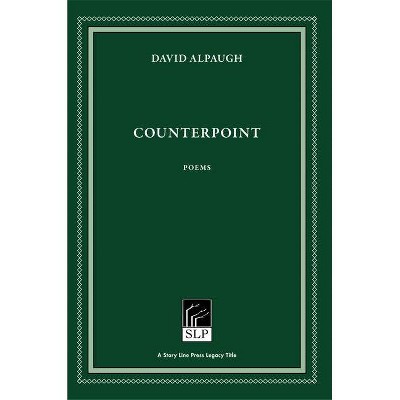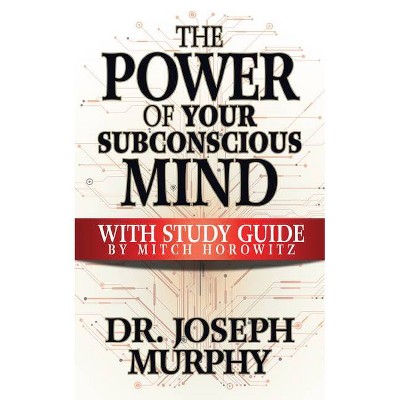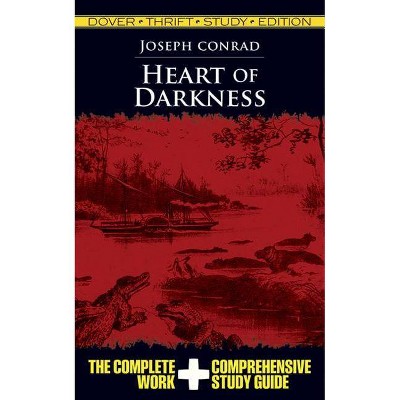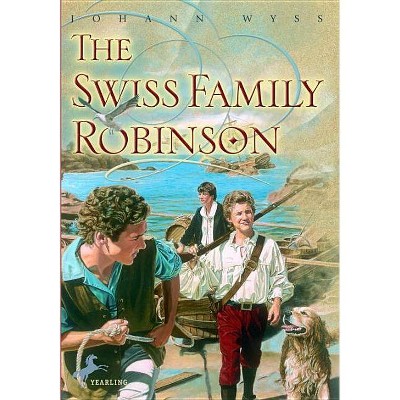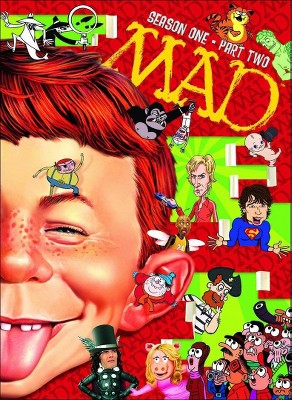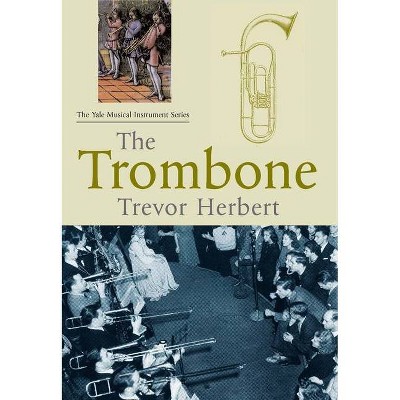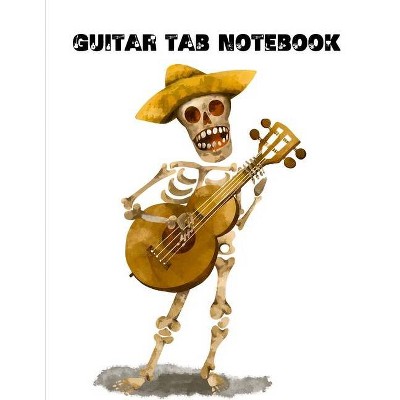The Study of Counterpoint - by Johann Joseph Fux (Paperback)
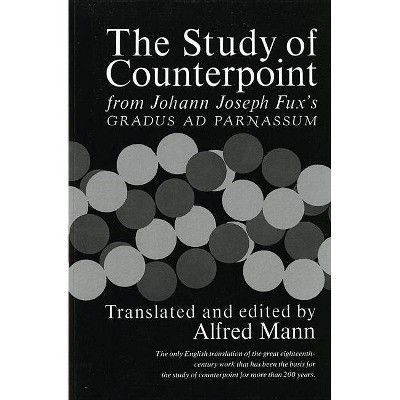
Similar Products
Products of same category from the store
Product info
<p/><br></br><p><b> About the Book </b></p></br></br>The most celebrated book on counterpoint is Fux's great theoretical work GRADUS AD PARNASSUM. Since its appearance in 1725, it has been used by and has directly influenced the work of many of the great composers, including J.S. Bach, Haydn, and Beethoven. Originally written in Latin, this work has been translated in to the principal European languages. The present translation by Alfred Mann is the first faithful rendering in English, presenting the essence of Fux's teachings.<p/><br></br><p><b> Book Synopsis </b></p></br></br>The most celebrated book on counterpoint is Fux's great theoretical work <em>Gradus ad Parnassum.</em> Since its appearance in 1725, it has been used by and has directly influenced the work of many of the greatest composers. J.S. Bach held it in high esteem, Leopold Mozart trained his famous son from its pages, Haydn worked out every lesson with meticulous care, and Beethoven condensed it into an abstract for ready reference. An impressive list of nineteenth-century composers subscribed to its second edition, and in more recent times Paul Hindemith said, Perhaps the craft of composition would really have fallen into decline if Fux's <em>Gradus</em> had not set up a standard. <p>Originally written in Latin, <em>Steps to Parnassus</em> was translated into the principal European languages, but the only English version was a free paraphrase published in 1886. The present translation by Alfred Mann is therefore the first faithful rendering in English from the original Latin and presents the essence of Fux's teachings. For its distinction as a classic and its undiminished usefulness for the modern student it is a privilege to offer this fine translation in the Norton Library.</p><p/><br></br><p><b> From the Back Cover </b></p></br></br>The most celebrated book on counterpoint is Fux's great theoretical work Gradus ad Parnassum. Since its appearance in 1725, it has been used by and has directly influenced the work of many of the greatest composers. J.S. Bach held it in high esteem, Leopold Mozart trained his famous son from its pages, Haydn worked out every lesson with meticulous care, and Beethoven condensed it into an abstract for ready reference.
Price History
Price Archive shows prices from various stores, lets you see history and find the cheapest. There is no actual sale on the website. For all support, inquiry and suggestion messages communication@pricearchive.us
